ROAST & PROFILE
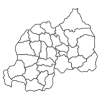
Rwanda
REGION
rusiga & mbogo, Rulindo
ALTITUDE
2000m
TASTING NOTES
Strawberry Jam, Peach & Rose
VARIETAL
Bourbon
PROCESS
natural
ROAST LEVEL

About Rwanda Kinini:
In 2012 38 of the 252 hectares in the Northern Province of Rwanda were planted with Bourbon Mayaguez 139 seedlings (2000 – 2500 in each hectare). This totalled nearly half a million new trees. Access to supply of new trees and nurseries continues to grow.
This regeneration was led by Jacquie Turner and Malcolm Clear. Not just limited to new trees, new roads were built to improve access for the many farmers that have to deliver their days pickings to the washing station by 4pm in order to maintain quality.
Further Investment & Technology
The improvements made over the last decade now encompass a roasting facility (Covered by a donation from D R Wakefield’s Full Circle event) , Natural and other processing methods were introduced in 2019, and most recently, a worm bed to turn the coffee cherry into organic fertiliser. Future plans include creating a space to welcome visitors and a facility for them to stay on sight.
Satellite technology is used to monitor leaf glare from the trees- any changes can be a sign of disease or infestation. Early detection pays dividends when it comes to clean cups and good quality green beans.
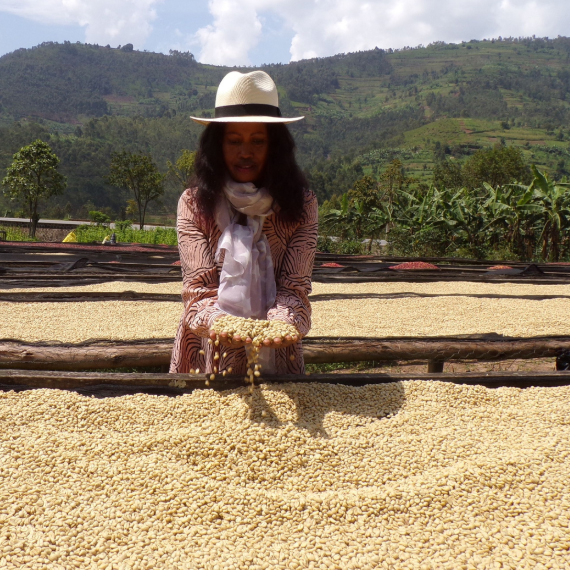
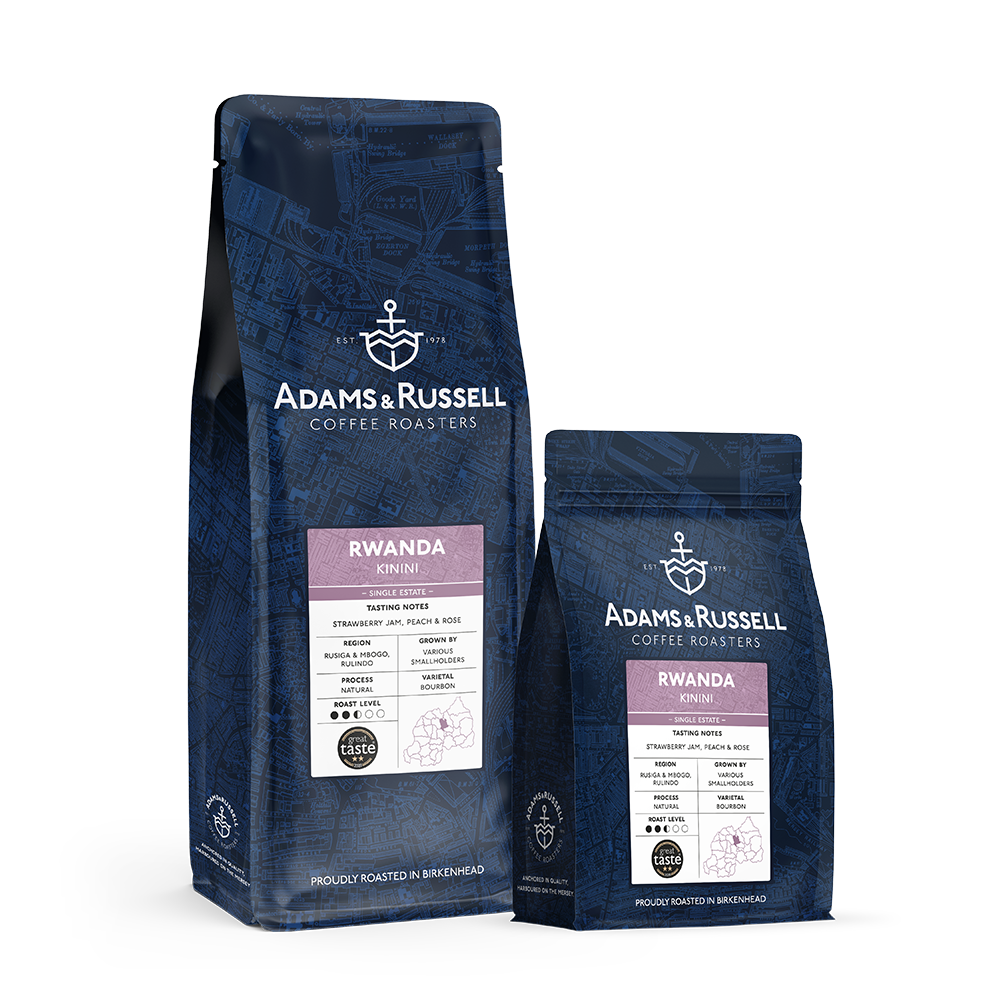
About The Kinini Washing Station:
The coffee is depulped on a 4 disc McKinnon pulper, there are a number of tanks for fermentation both with and without water, leading to channels to both the soaking tanks and then down to the drying beds.
Each raised bed comes with its own marker to ensure Microlot traceability and tarpaulin for quick and easy cover in the event of rainfall. The coffee is spread out and dried for 48 hours at a depth of 2 inches.
It’s turned regularly to avoid over fermentation and allow even drying throughout the crop.

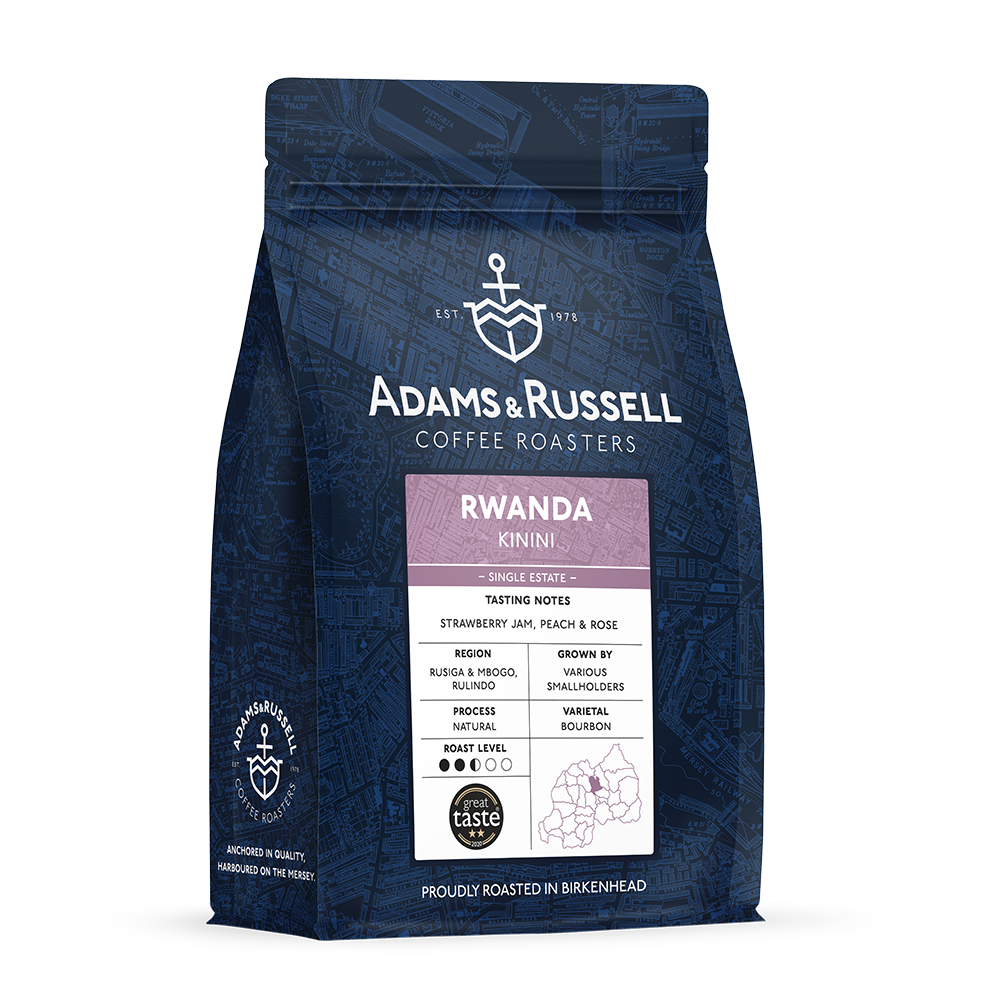
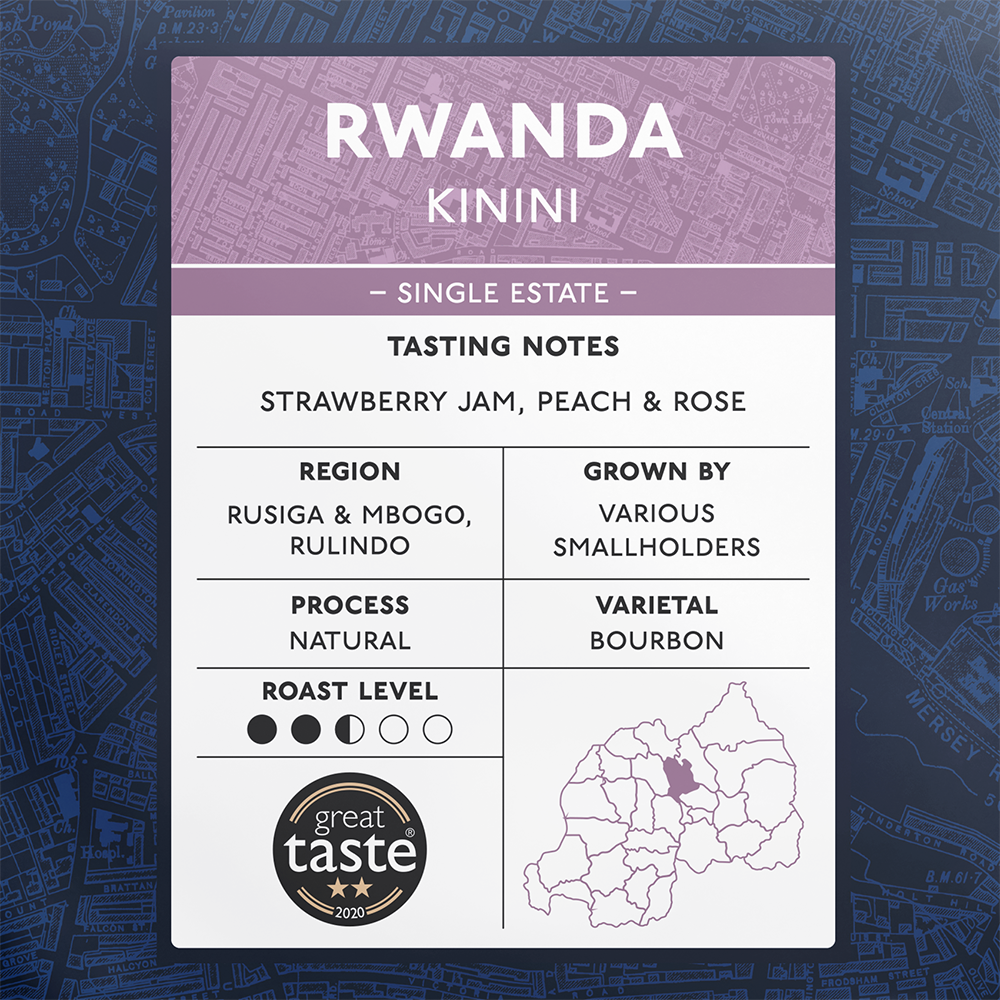

3 reviews for Rwanda Kinini Natural
balla.23 (verified owner) –
I absolutely love this coffee! It has a wonderful balance with a ever so slight after note of citrus and acidic notes. It’s so easily drunk and so smooth that it can be drunk day and night. Would recommend using an inverted aeropress method to get full taste.
Adams & Russell –
Rwandan coffee is truly outstanding, this review from 2018 was from last years crop of Rwandan Izovu.
This new season microlot meets and exceeds our expectation.
Annick Cottom (verified owner) –
A very pleasing coffee, both in taste and aroma; I love the fruity smell of the beans. A good coffee for those who prefer their brew not too strong.
Roger Saddington (verified owner) –
I like this one a lot. It’s quite different from most coffees and makes a nice change from more typical rich chocolatey caramel type flavours. It’s lighter and more floral with intriguing flavours. Apart from anything else I also get a distinct aroma of asparagus.